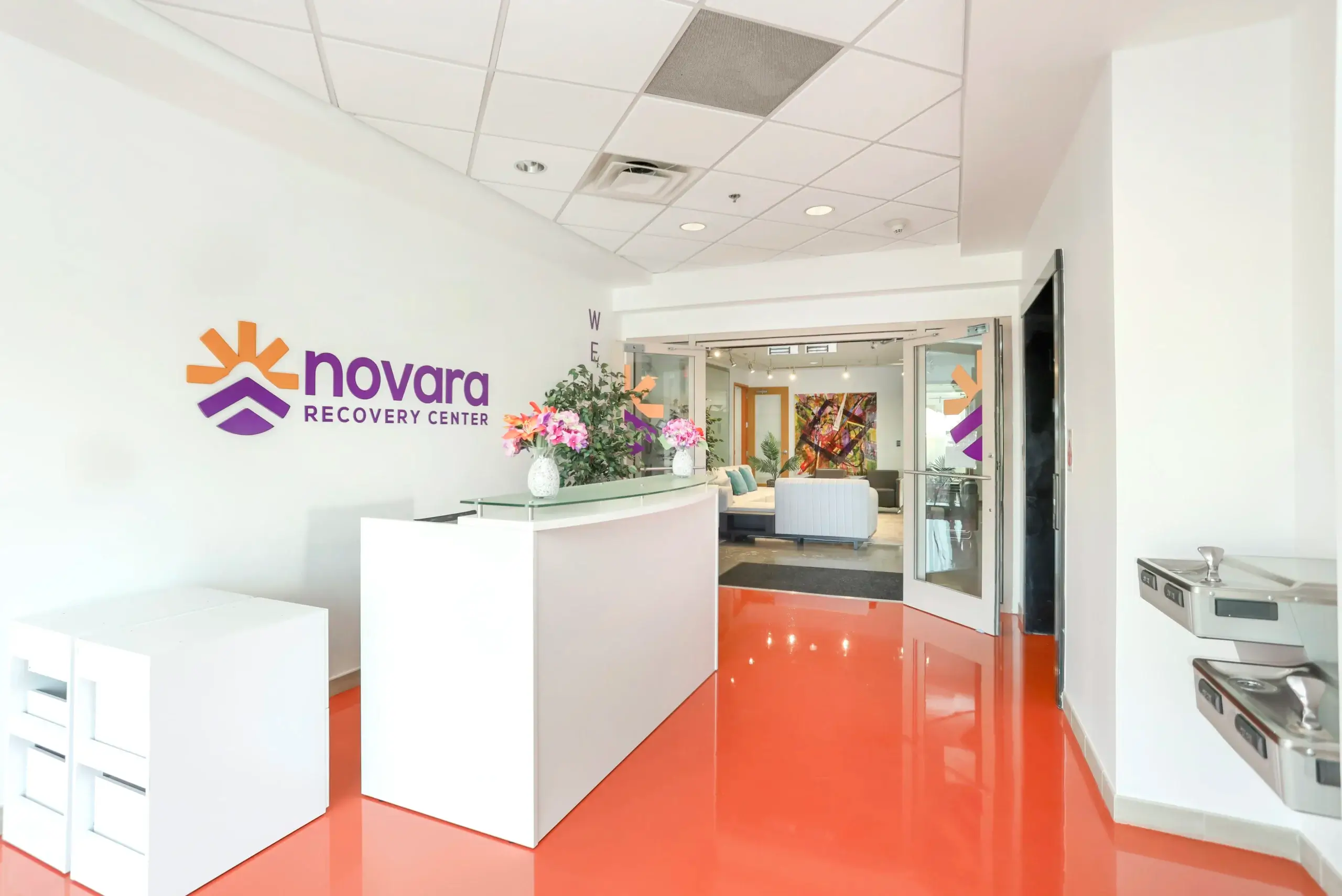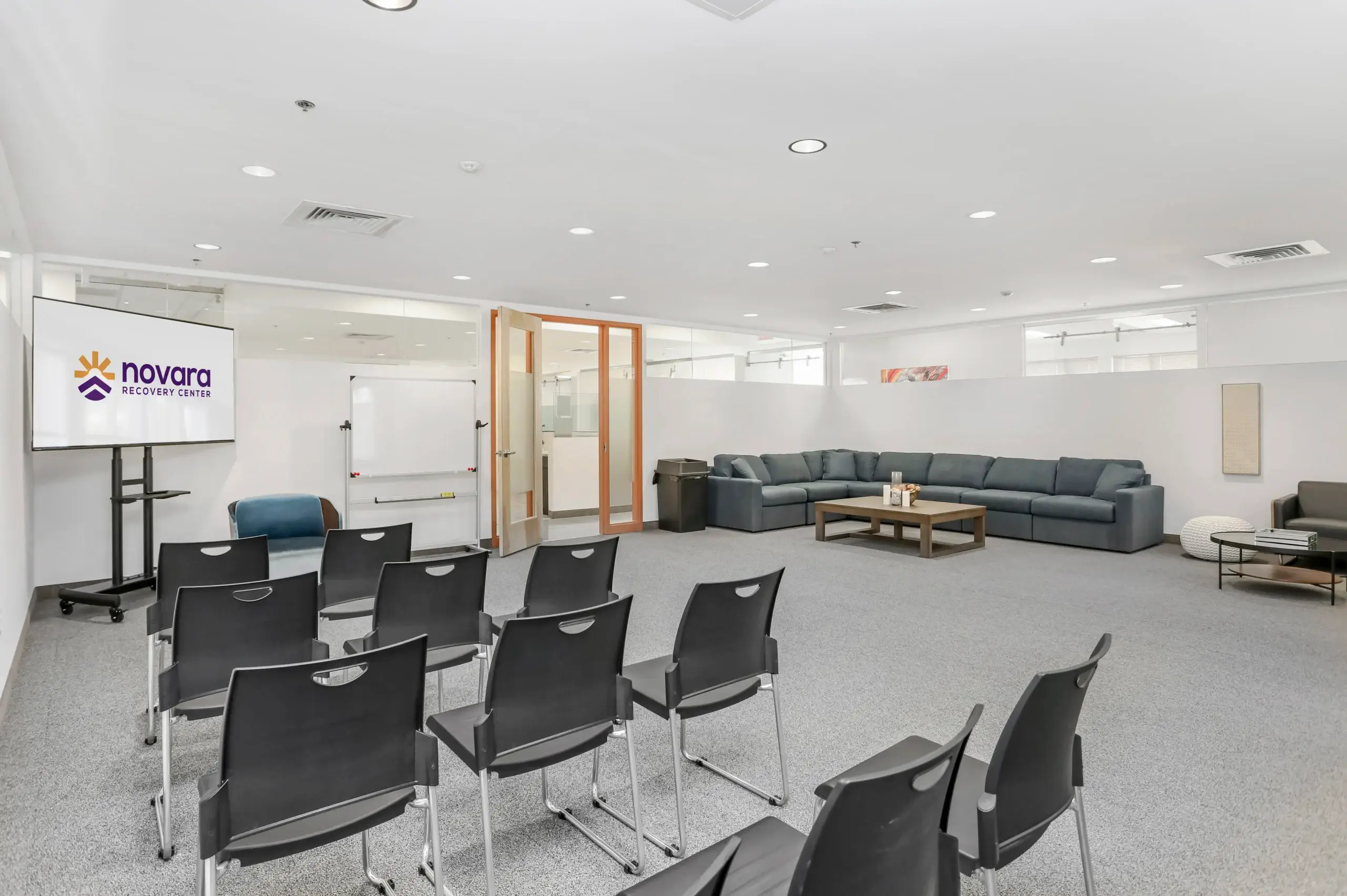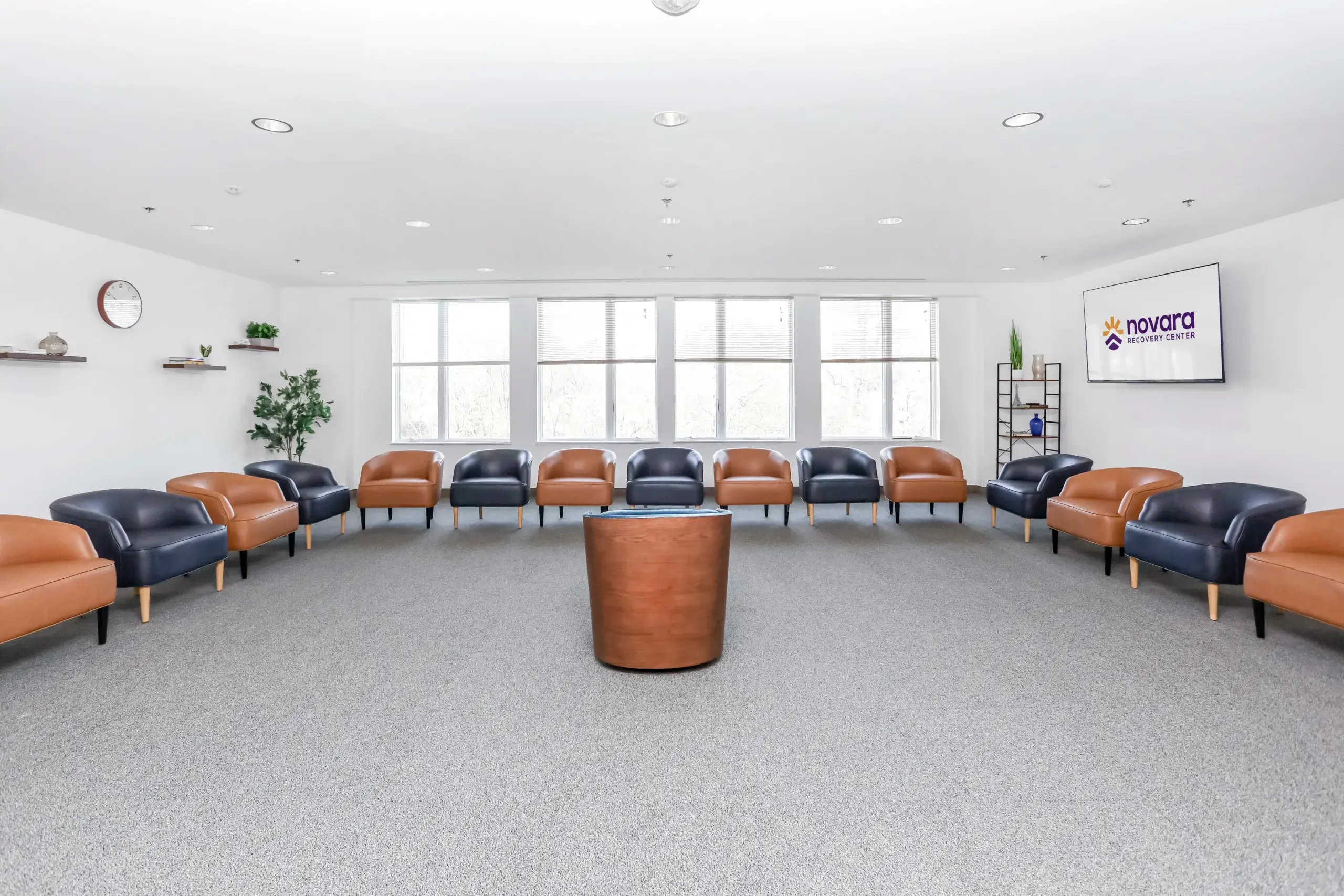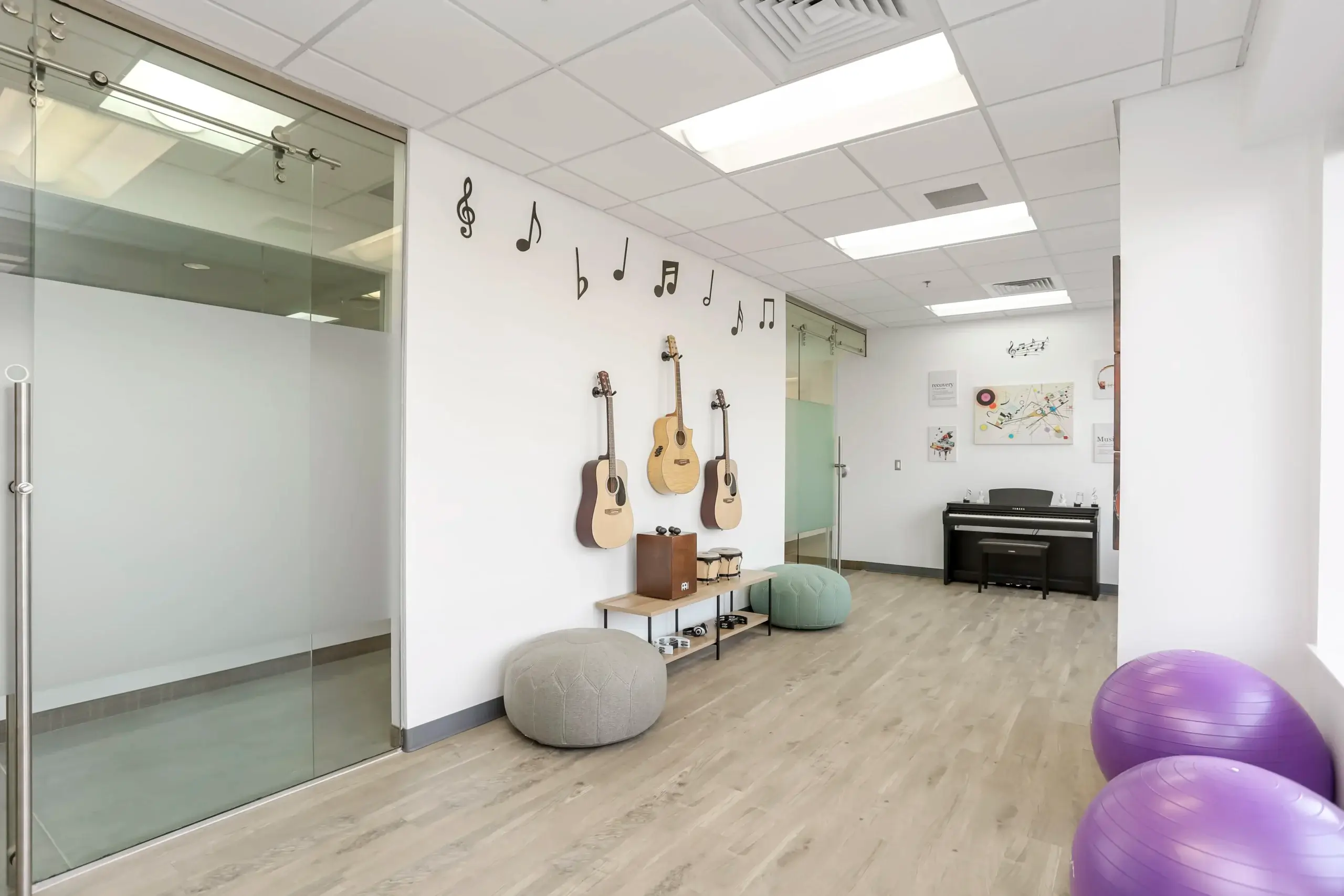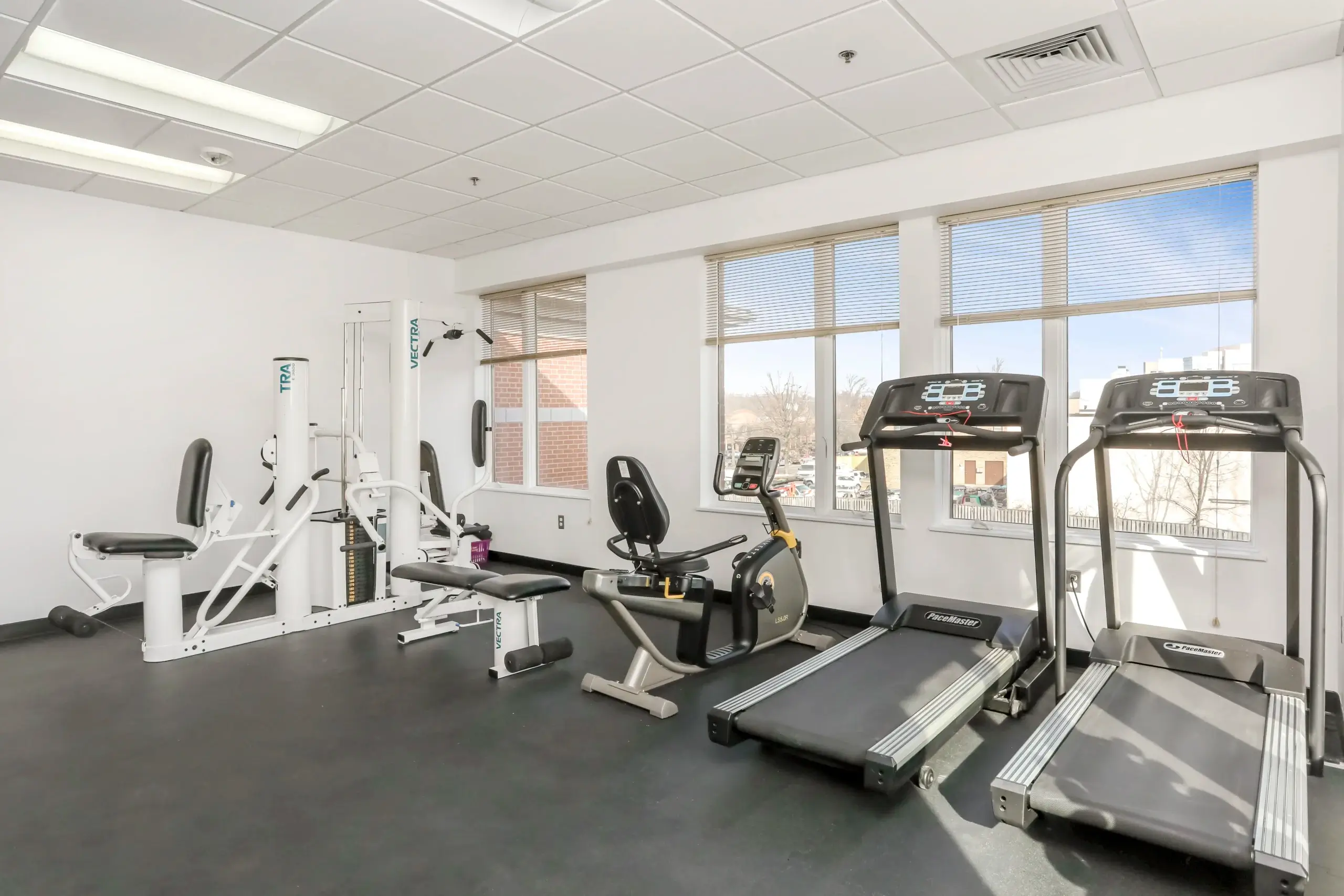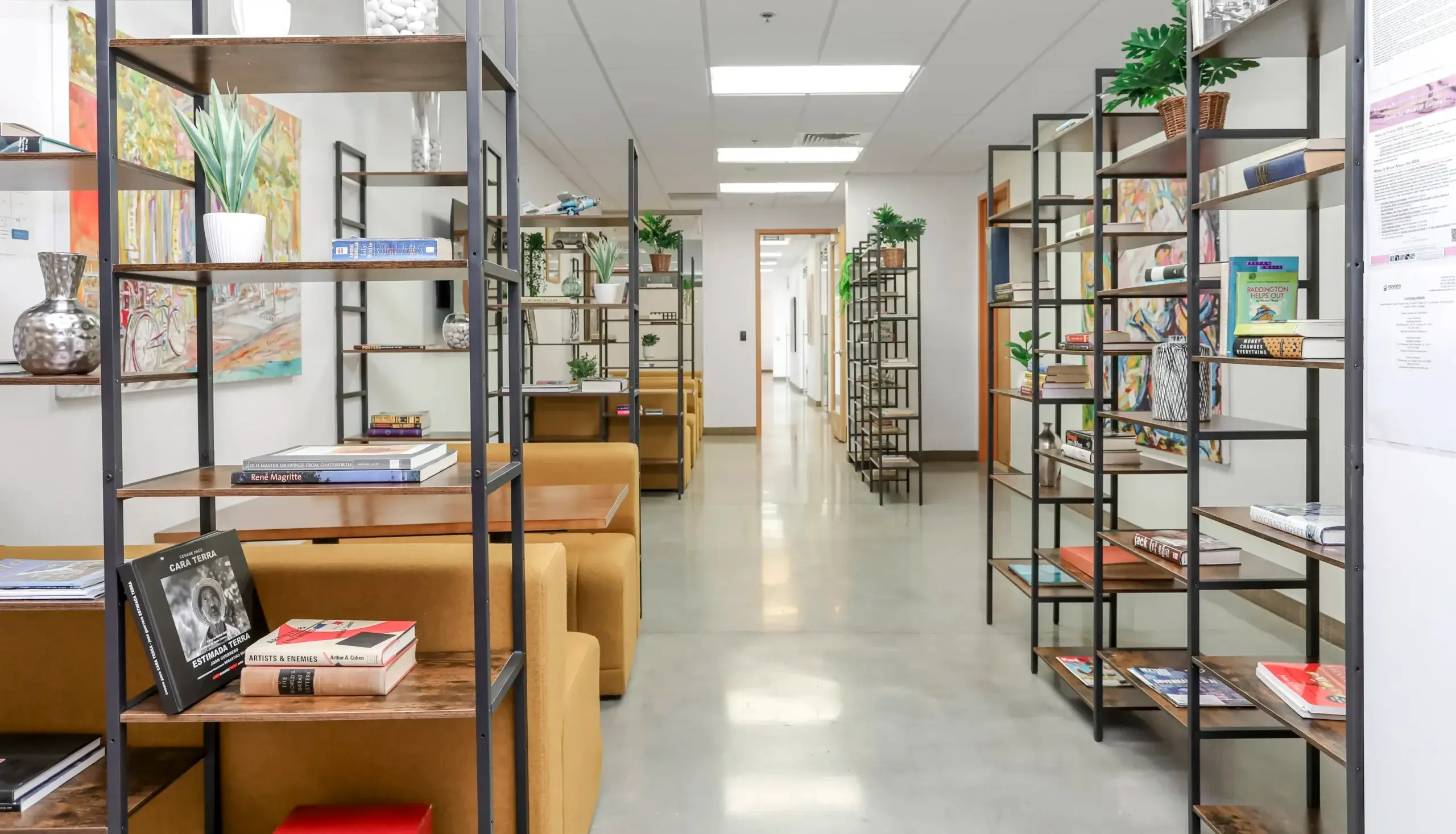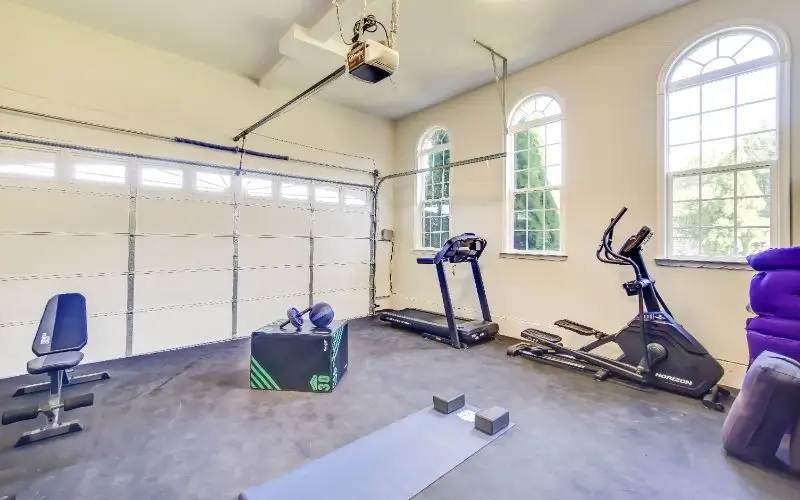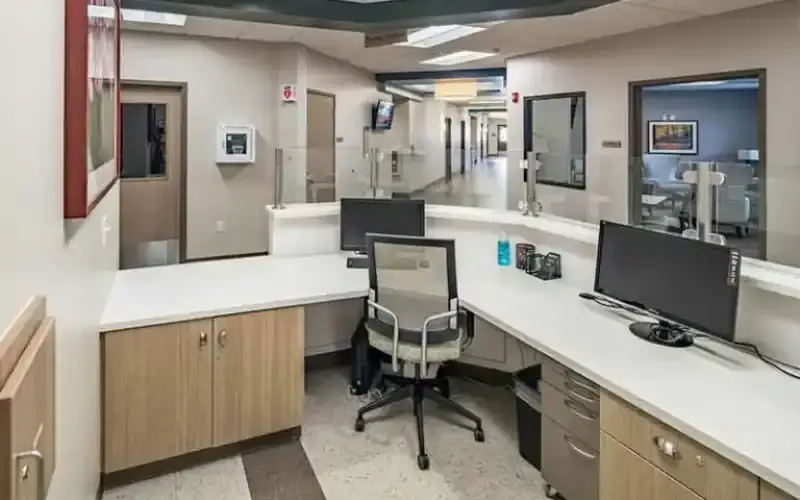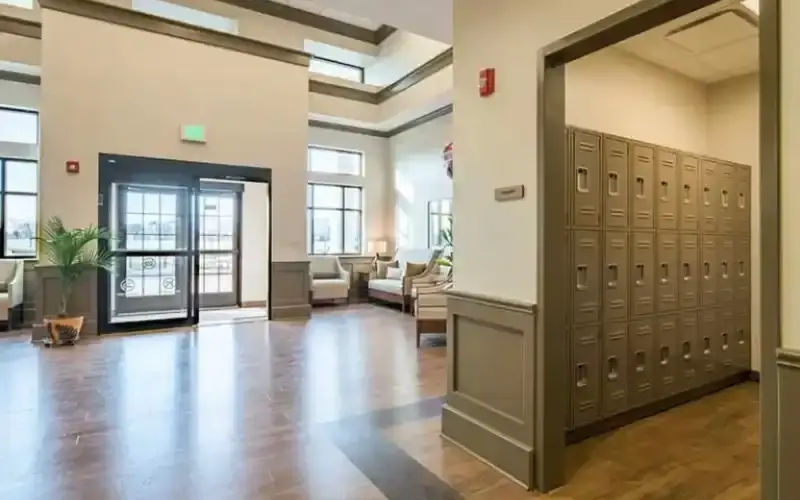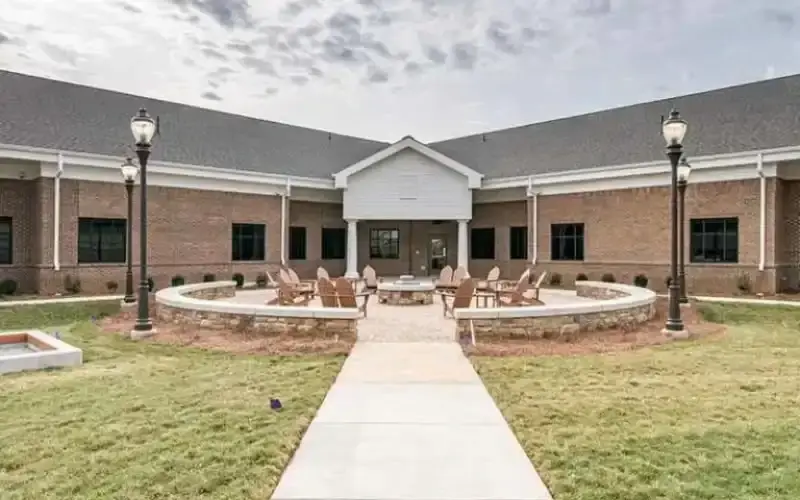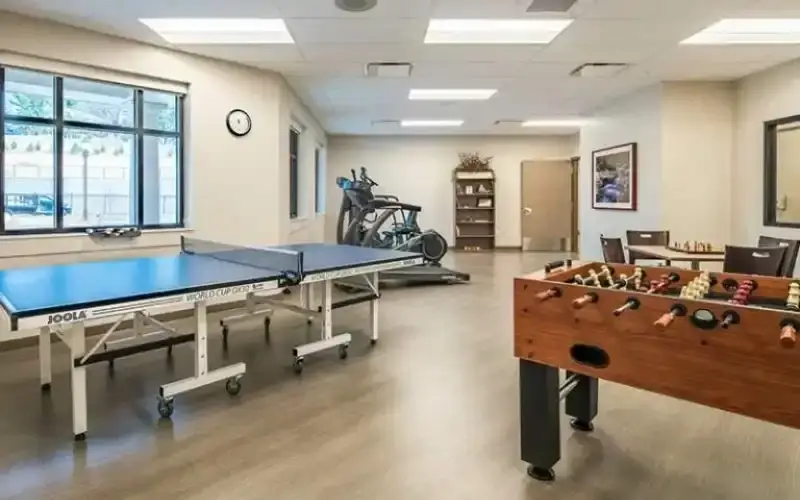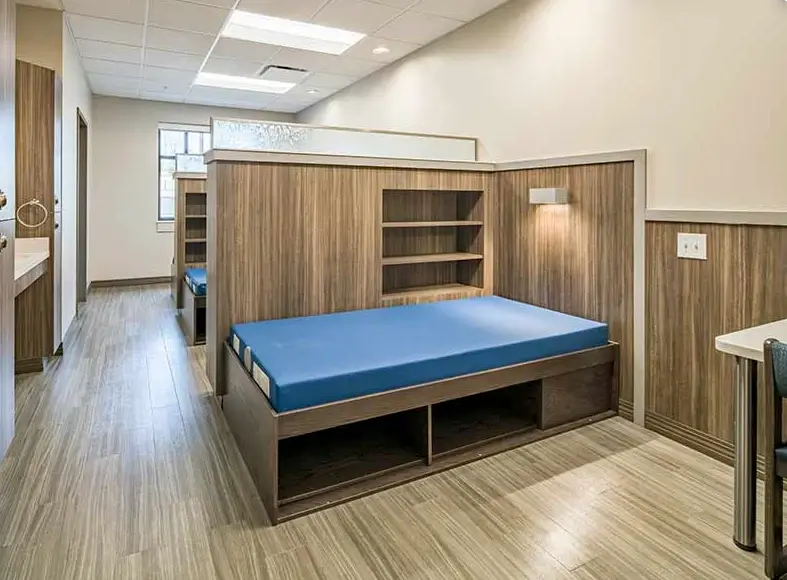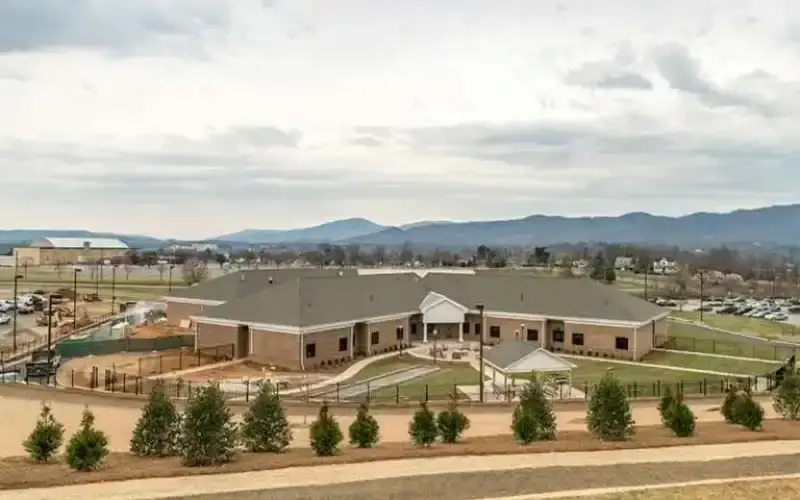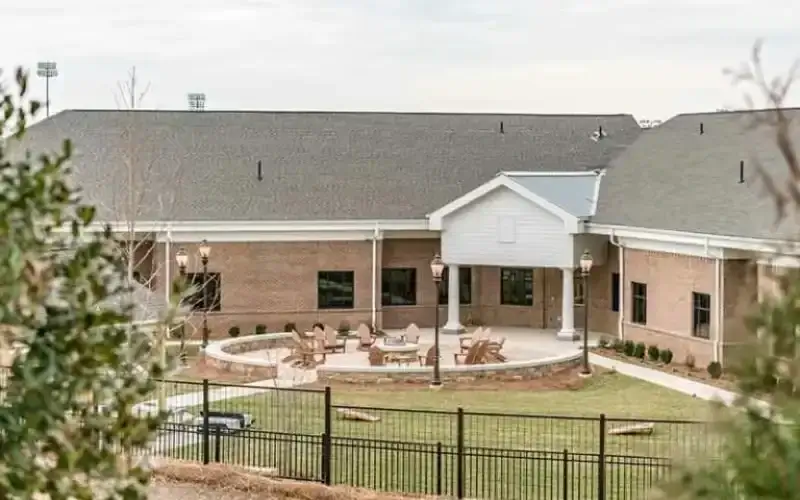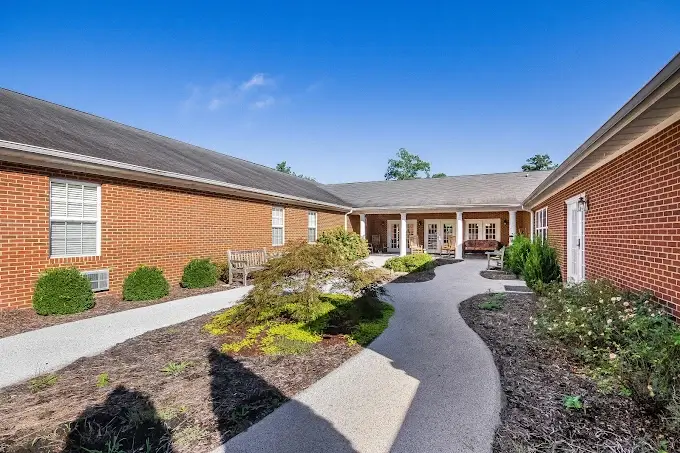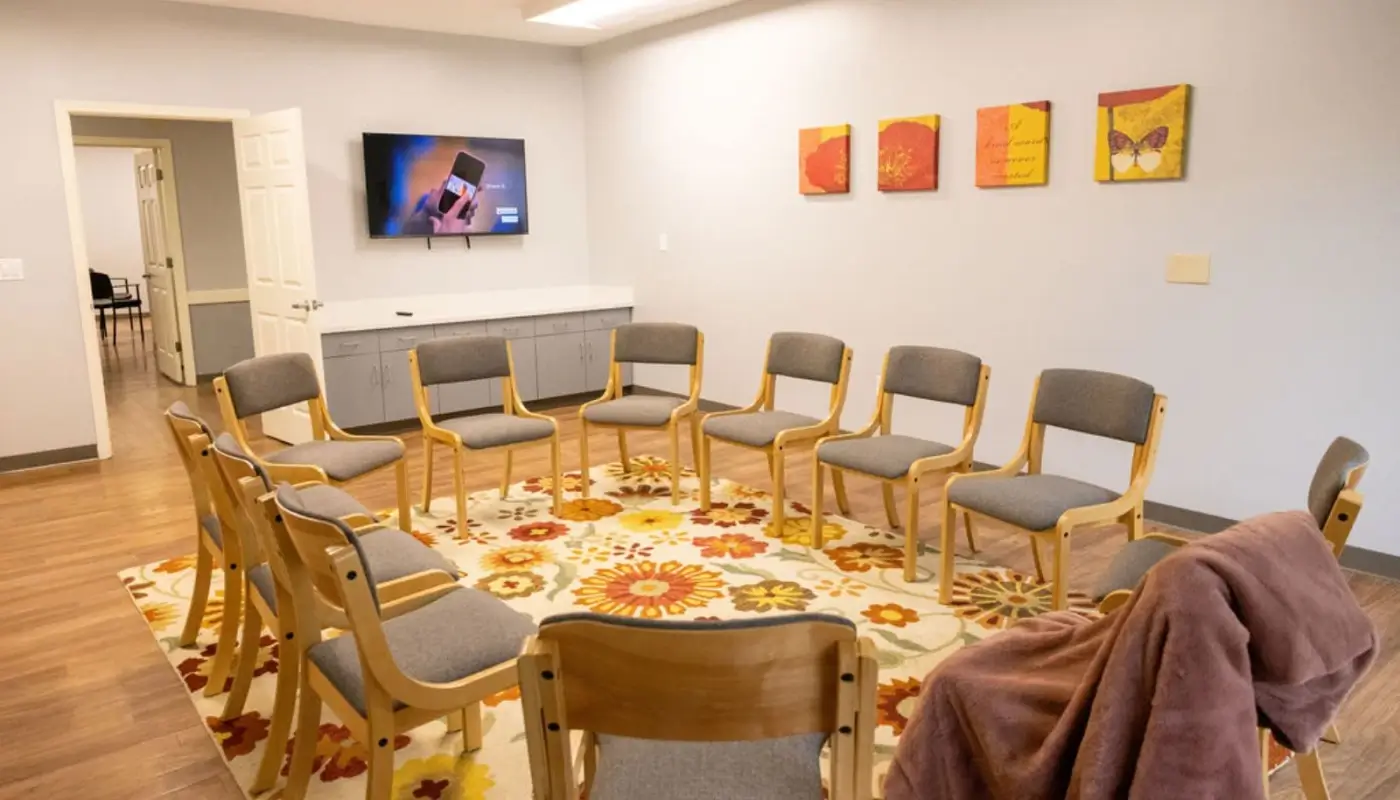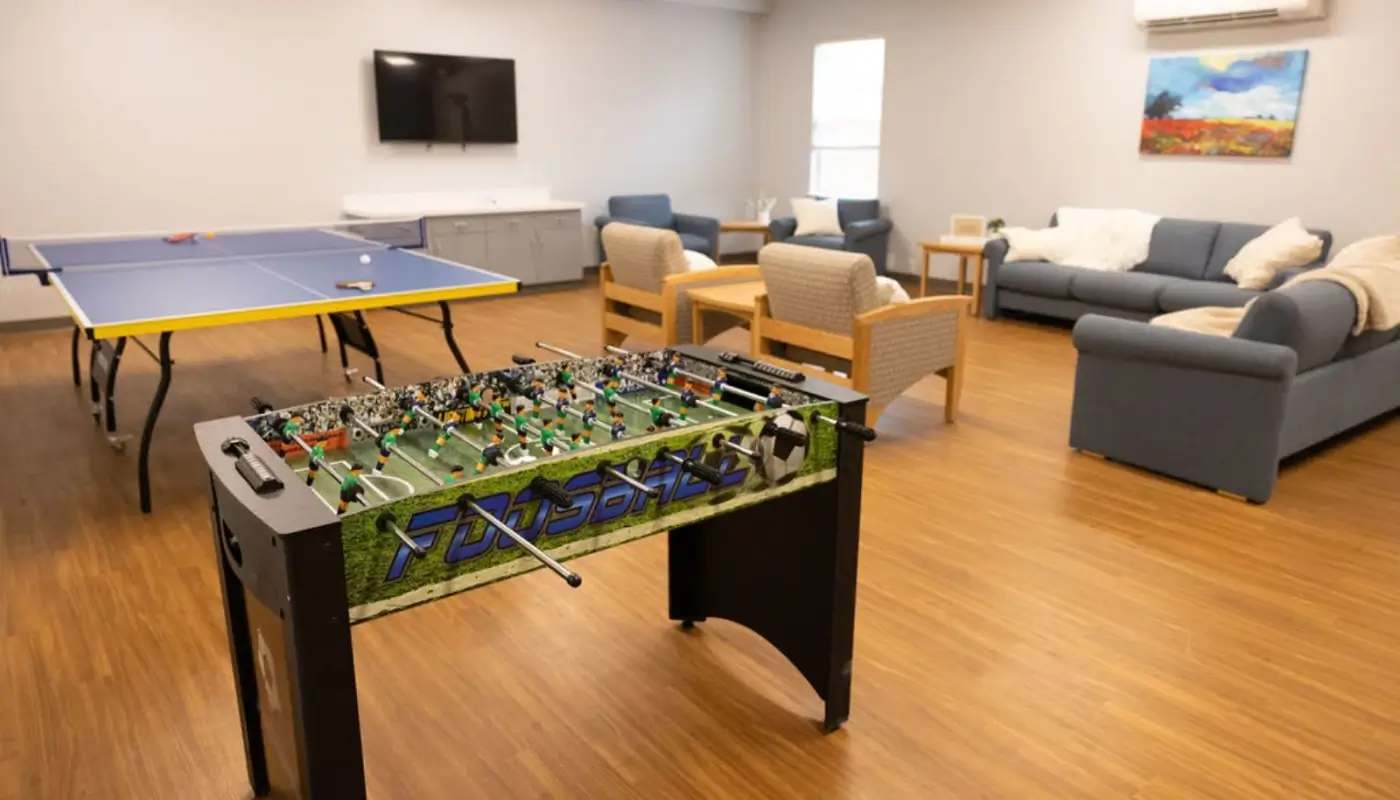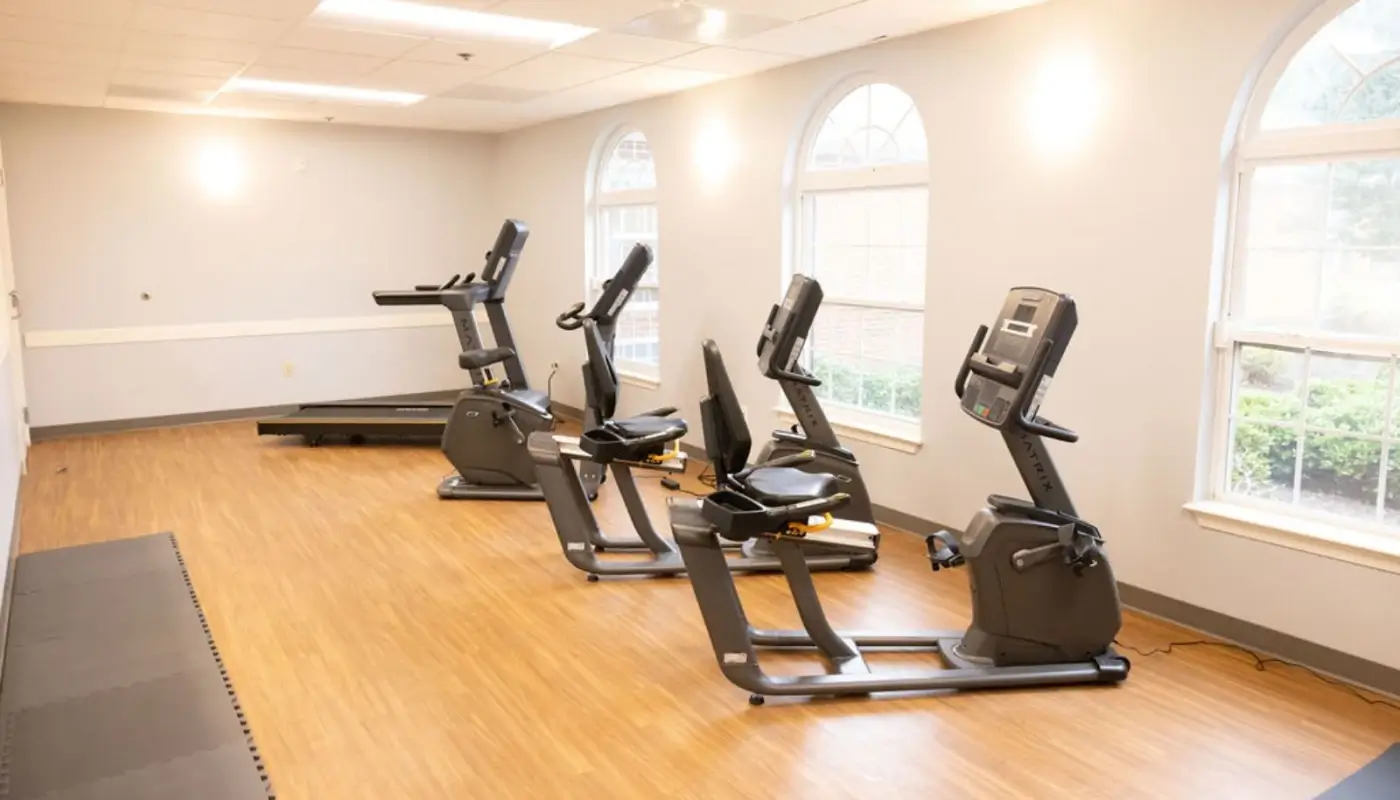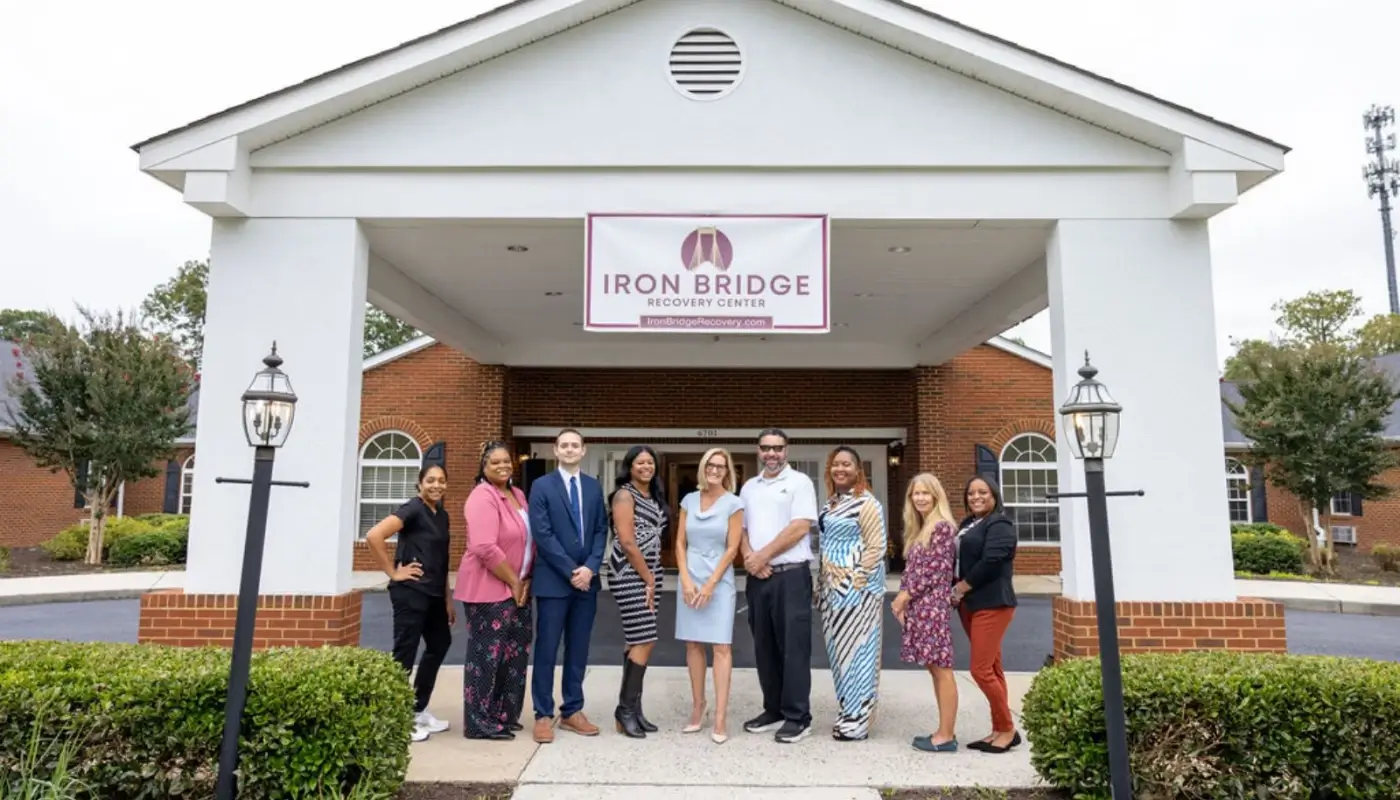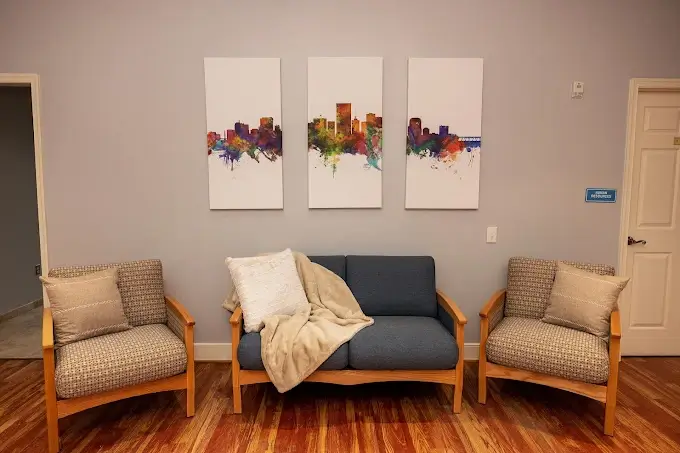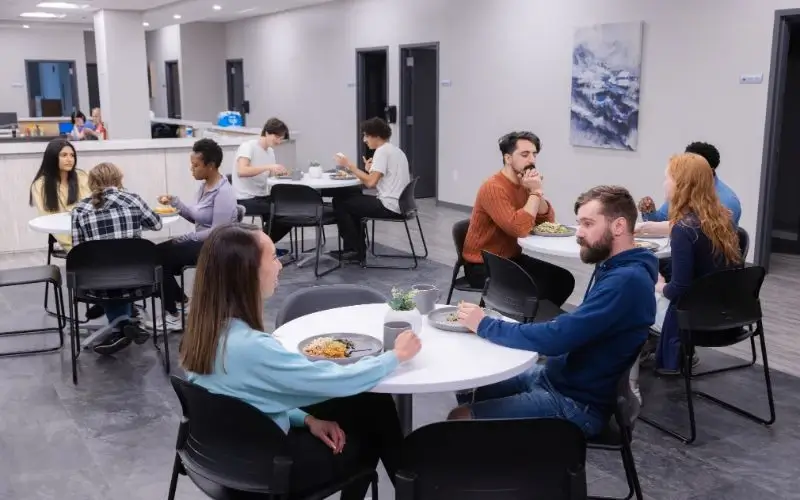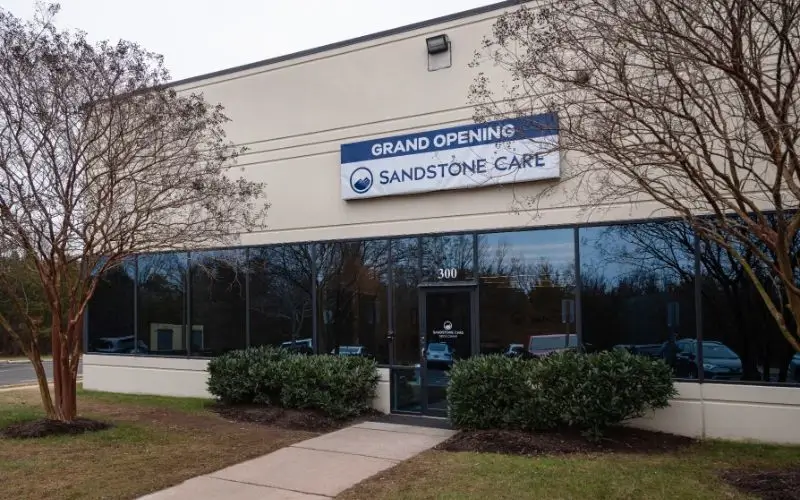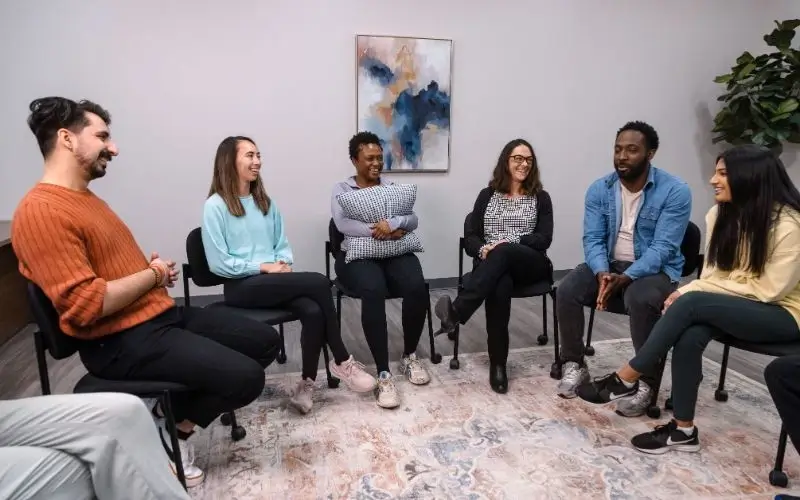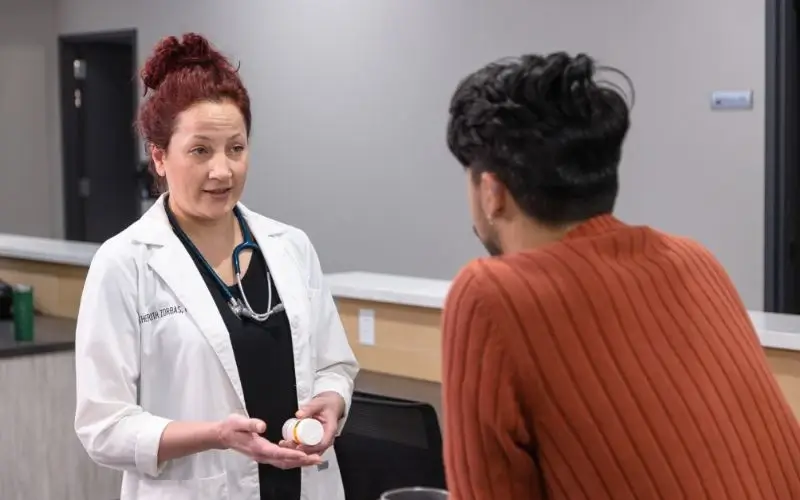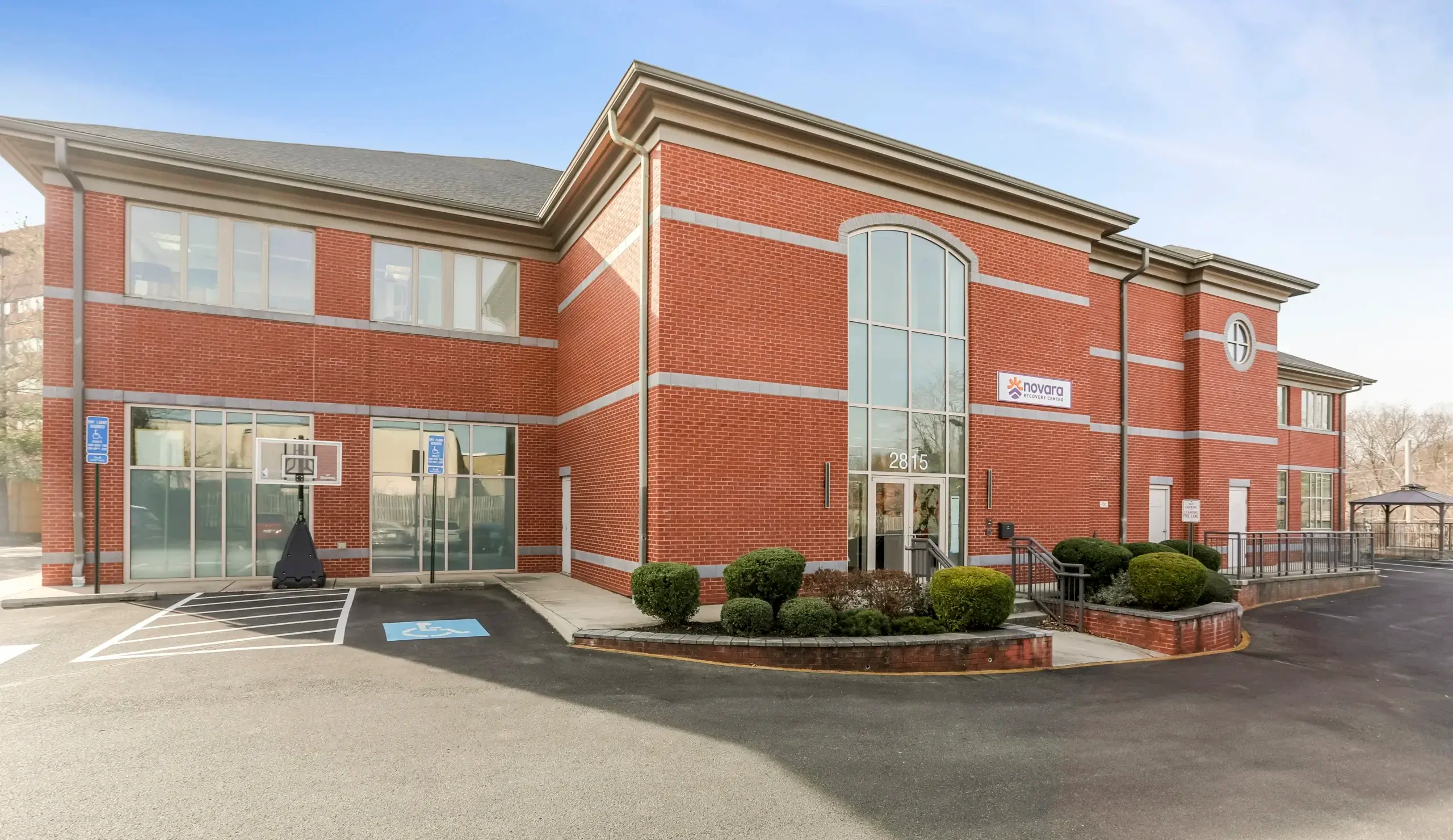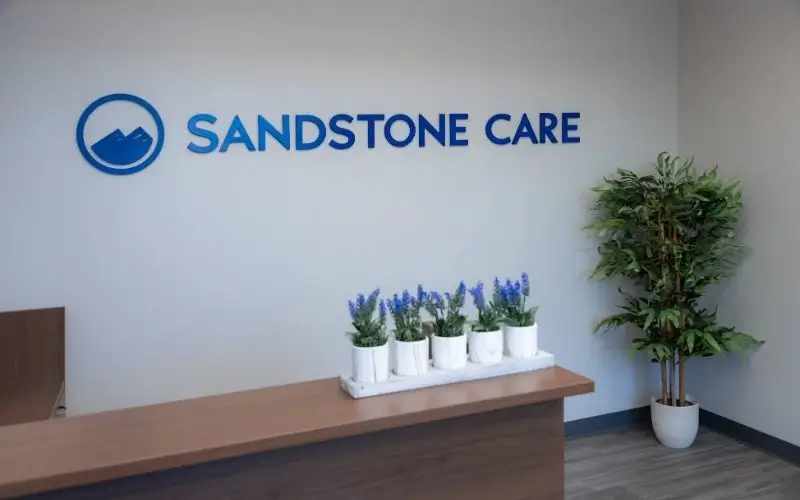5 Virginia Rehab Centers
Have a question about Virginia rehabs? Check our Frequently Asked Questions to learn more.
Common Questions About Virginia Treatment Centers
What role does nutrition play in the recovery process at rehab centers in Virginia?
In Virginia rehab centers, nutrition is a key part of recovery. They know that drug abuse can harm your health and nutrition. So, they offer nutritional counseling and special meal plans for each person. This helps them get back their physical and mental health, which is important for staying sober in the long run. Nutritionists or dietitians work with the treatment team to make sure everyone’s food needs are met. This helps the body heal and gives people a strong foundation for staying sober.
Can rehab facilities in Virginia accommodate dietary restrictions and preferences?
Rehab facilities in Virginia prioritize meeting diverse dietary needs. They cater to vegetarian, vegan, gluten-free, lactose-free, and allergy-specific diets. During intake, they assess individual preferences and restrictions, allowing for personalized meal plans. This approach guarantees that all clients receive tailored nutrition that aligns with their recovery goals, personal tastes, and cultural background.
How do rehab centers in Virginia deal with cases of non-compliance or relapse during the program?
Virginia rehab centers treat non-compliance and relapse with empathy and individualized care. They acknowledge that relapse can be part of recovery and offer strategies like plan adjustments, extra counseling, peer support, and potential medical interventions. These strategies aim to find the triggers for non-compliance or relapse, provide support, and tailor the recovery plan to meet the client’s unique challenges.
What follow-up or continuing care services are provided by rehab facilities in Virginia?
After their treatment program in Virginia, rehab facilities provide various support services to help clients adjust to daily life. These include outpatient therapy, support groups, gatherings for alumni, and connections to community resources. These services aim to give long-term assistance to clients, reducing the chances of relapse and promoting their well-being. Each client’s plan for continuing care is customized to meet their specific requirements and situations, providing sustained support for a successful recovery.

















